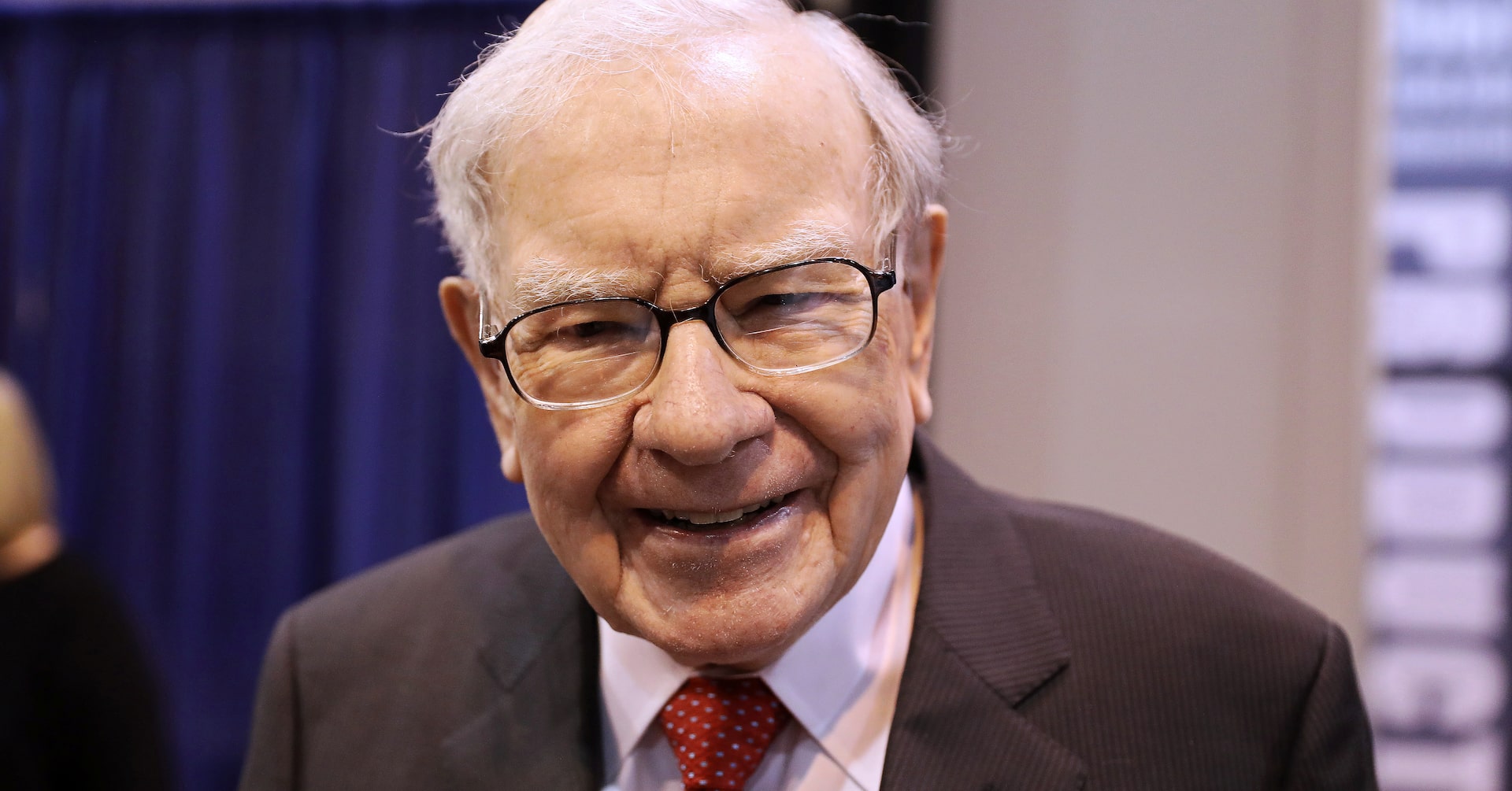Buffett's Bold Move: Strategic Spending and Japan Investment Signal Economic Confidence

Warren Buffett, the legendary investor now in his mid-90s, candidly addressed his aging in his latest annual letter to shareholders. With characteristic honesty, the Berkshire Hathaway CEO revealed that he now relies on a cane for support and plans to scale back his interactions during the company's upcoming annual meeting in May. Despite his advanced years, Buffett's wit and wisdom remain as sharp as ever, demonstrating that age is just a number for the investment icon who continues to inspire millions of investors worldwide.
